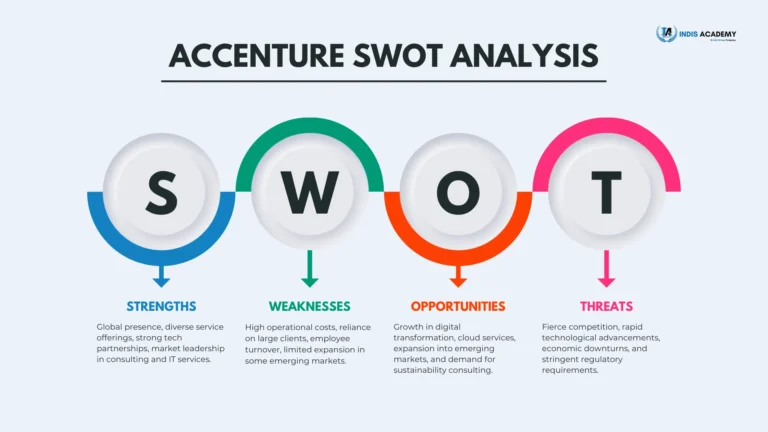Despite significant advancements, Google still faces challenges with two specific types of search queries, according to Director & Product Manager Elizabeth Tucker.
Complex Search Types
In a recent episode of Google’s Search Off The Record podcast, Tucker discussed ongoing difficulties in accurately matching search queries with relevant information. The two primary problem areas are searches containing the word “not” and those involving prepositions.
Tucker elaborated:
“Prepositions are generally tough. A major breakthrough came with the BERT paper and transformer-based machine learning models, which helped address some of these complex linguistic issues in searches.”
BERT (Bidirectional Encoder Representations from Transformers) is a neural network-based technique for natural language processing that Google began utilizing in 2019. This technology enhances Google’s ability to understand the context and subtleties of words within searches, rather than interpreting queries as isolated terms.
The Challenge with “Not”
Despite the progress brought by BERT, Tucker acknowledged that Google continues to struggle with parsing queries that include the word “not.”
“It’s really hard to determine when ‘not’ is meant to exclude a word or when it has a different semantic meaning,” Tucker explained.
For instance, a search like “shoes not made in China” can be interpreted in multiple ways. Is the user looking for shoes made in countries other than China, or seeking information on why certain brands have moved manufacturing out of China? This ambiguity complicates Google’s task of matching user intent with relevant content, making it difficult for websites to rank for such queries.
The Preposition Problem
Google also finds prepositions challenging, as they define relationships between words in a sentence. Queries such as “restaurants with outdoor seating” or “hotels near the beach” rely heavily on prepositions to convey essential information about the user’s needs.
For SEO professionals, optimizing for queries with prepositions requires additional effort. It’s crucial to structure content in a way that clearly communicates the relationships between keywords, rather than merely including the right keywords.
The Long Tail Keyword Challenge
Google’s struggles with complex queries are particularly pertinent to long-tail searches—highly specific, multi-word phrases that constitute a significant portion of search traffic. Long-tail keywords are valuable for SEO because they often have lower competition and indicate strong user intent.
However, if Google cannot accurately interpret these complex queries, it becomes more challenging for websites to rank for them, even with well-optimized content.
Looking Ahead
Tucker noted that while Google is continually improving its handling of these complex queries, a complete solution is still on the horizon.
“This is not a solved problem. We’re still working on it,” Tucker said.
In the meantime, users may need to rephrase their searches or try different query formulations to find the information they seek, which can be frustrating.
Why It Matters for SEO
Google’s ongoing difficulties with “not” queries and prepositions highlight that there is still significant room for improvement. As Google invests in natural language processing and other AI-driven technologies, these challenges may eventually be overcome.
Tips for SEO Professionals
To navigate these challenges, SEO professionals and website owners should consider the following:
- Emphasize Clarity and Specificity: Ensure your content clearly communicates the relationships between key concepts and phrases.
- Use Structured Data: Implement technical SEO best practices to aid search engines in understanding your content.
- Monitor Search Traffic: Keep an eye on your search traffic and rankings for complex queries, and adjust your strategy if you notice drops or inconsistencies.
- Stay Informed: Follow Google’s progress in natural language understanding and be ready to adapt as new algorithms and technologies emerge.
By focusing on these strategies, you can help ensure your content is better understood and ranked by Google, even as the search engine continues to address its challenges with complex queries.











